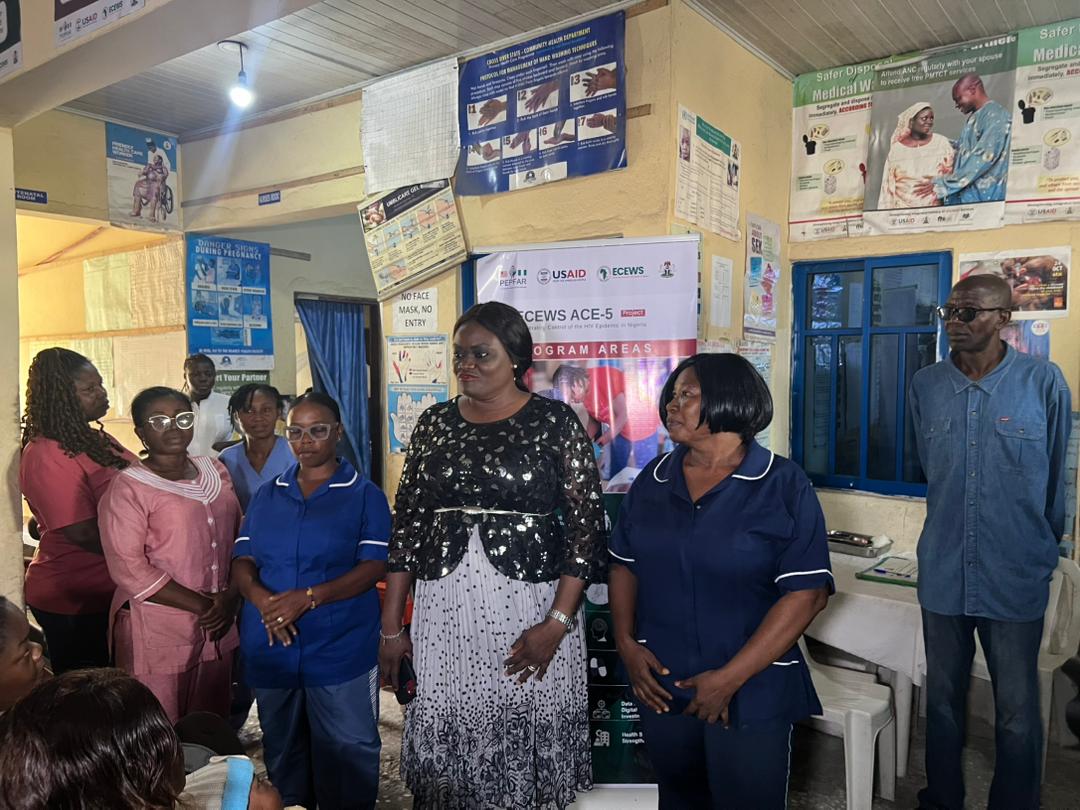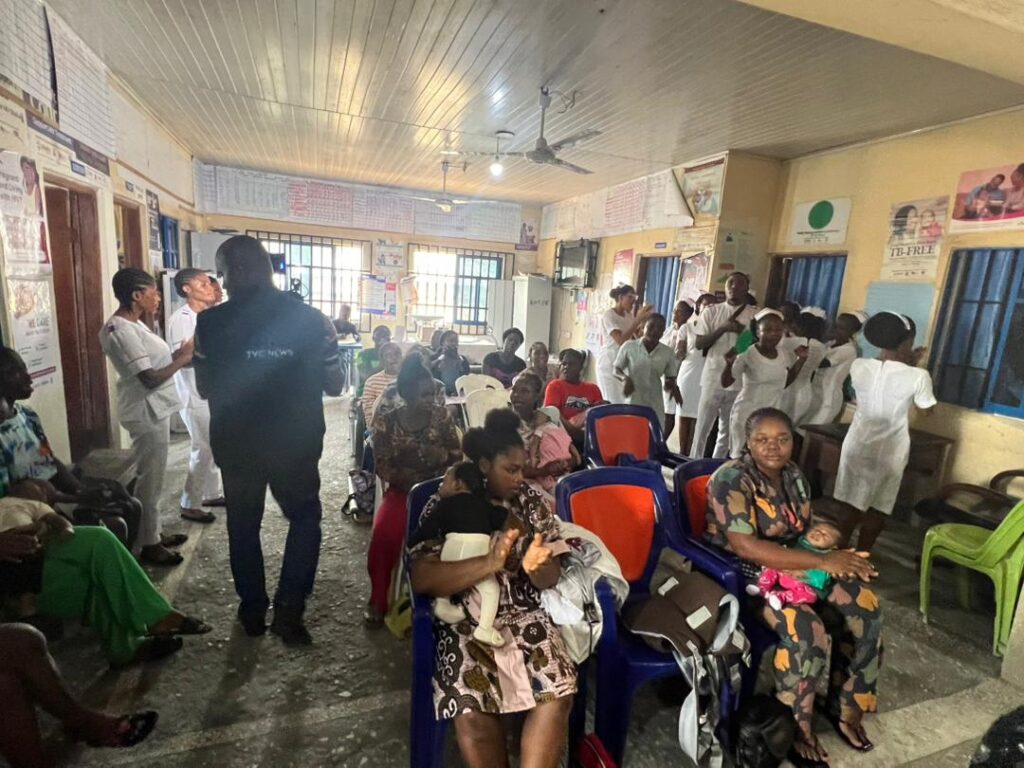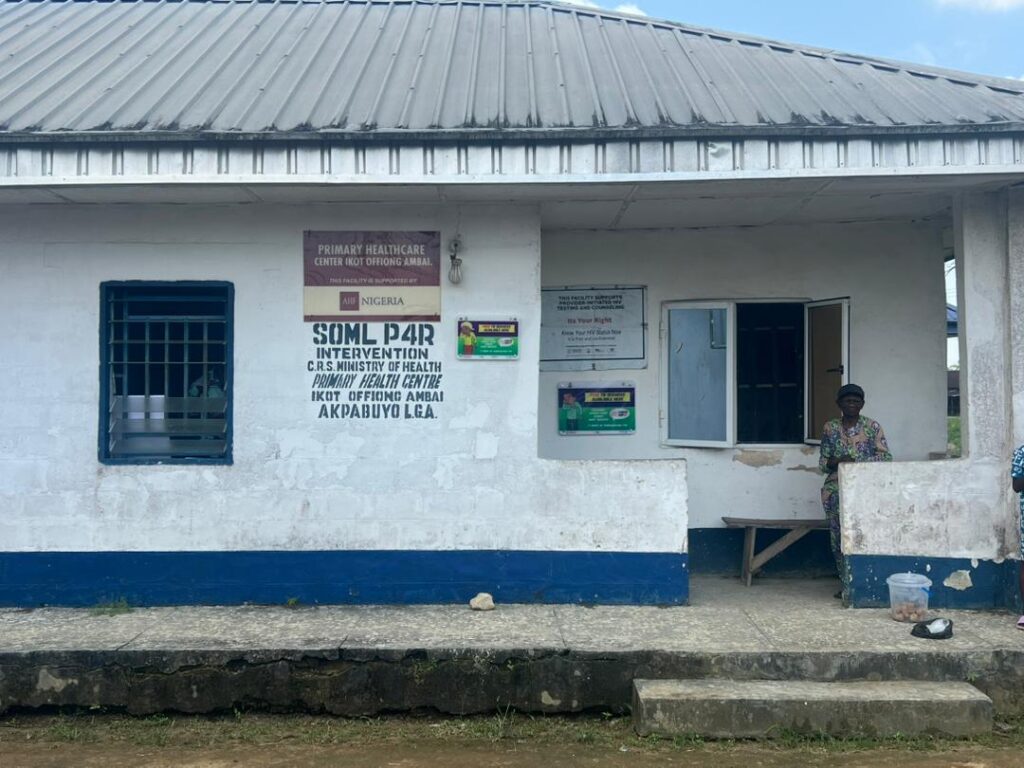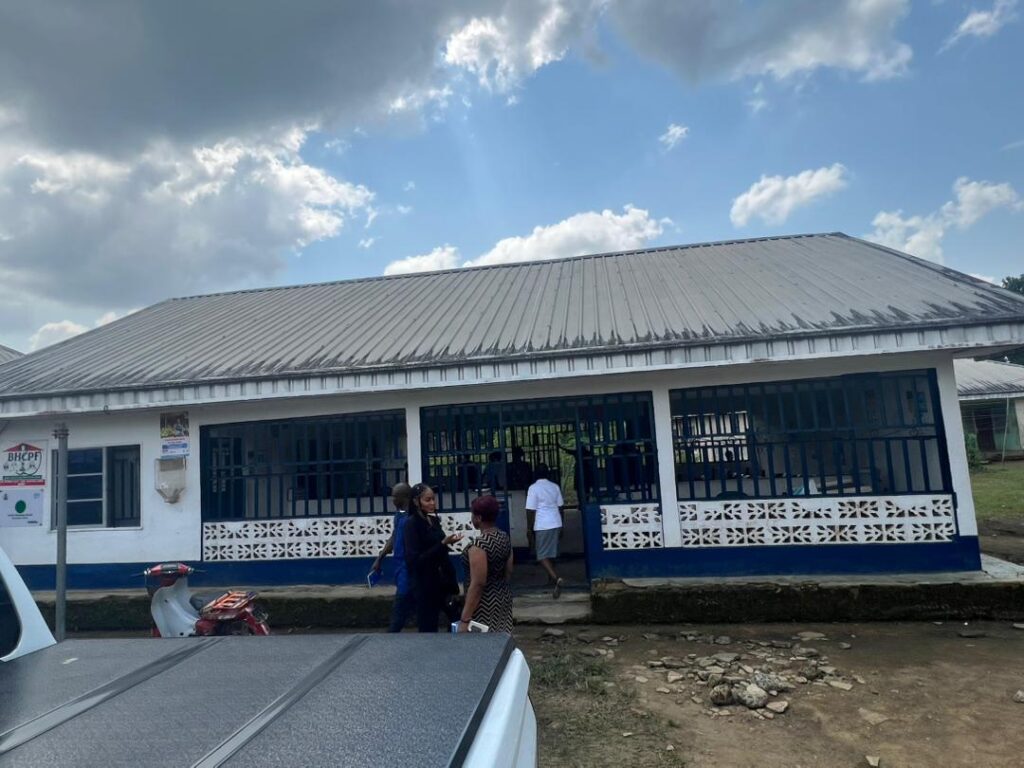Inside Nigeria
Tackling infant mortality in Nigeria: Efforts, challenges in Cross River State – Report

Infant mortality remains a significant public health issue in Nigeria, where thousands of children lose their lives each year before reaching their first birthday.
According to the United Nations Children’s Fund (UNICEF), Nigeria has one of the highest infant mortality rates in the world, with approximately 74 deaths per 1,000 live births. This equates to hundreds of thousands of infant deaths annually, underscoring the urgent need for effective measures to address this tragic reality.
Globally, 2.3 million children die within the first 28 days of life, representing 47% of all child deaths under the age of five. The World Health Organisation (WHO) reports that 75% of these neonatal deaths occur in the first week, with nearly one million newborns dying within the first 24 hours. In Nigeria, many of these deaths are attributed to pneumonia, birth asphyxia, hypoxemia, and hypoxia, compounded by limited access to quality healthcare.

UNICEF highlights that 60% of maternal, newborn, and child mortality in the country stems from inadequate healthcare infrastructure and services.
Oxygen is critical in reducing infant mortality and could lower rates by up to 35%. However, in Nigeria, rural health centres often lack oxygen systems, leaving newborns vulnerable. In Cross River State, located in the South-South region of Nigeria, UNICEF has taken steps to mitigate this issue by establishing an oxygen gas plant at the Mary Slessor General Hospital, Calabar.
During a recent media briefing, Dr Kenneth Takim, the hospital’s Medical Superintendent, stated that the plant, which produces 300 litres of oxygen per minute, has significantly reduced infant morbidity and mortality over the past four years.

“This Oxygen Gas Plant was commissioned on 24th May 2024 by the state governor, Senator Prince Bassey Otu. Since then, we have been producing oxygen, which has gone a long way in meeting the oxygen demands of our facility and beyond. We no longer experience shortages, as all oxygen needs are consistently met,” he said.
Dr Takim, however, emphasised the need to solarise the plant and recruit additional staff to ensure optimal functionality.
Despite these advancements, vaccine shortages remain a critical obstacle to infant survival in Cross River State. Dr Vivien Otu, Director-General of the Cross River State Primary Health Care Development Agency, noted that while essential vaccines like the measles and Pentavalent vaccines are available, frequent stockouts and infrastructure deficiencies hinder immunisation efforts.
“Immunisation coverage is poor, with statistics showing that only 21% of children aged 12 to 23 months in the state are fully vaccinated. This highlights a significant gap in protecting children from preventable diseases and underscores the urgent need for intervention in the primary healthcare system. One critical barrier is the shortage of vaccines to meet the growing needs of the population,” she explained.
Dr Otu also pointed out that many families in rural areas lack awareness of the importance of vaccination, while others face challenges such as long distances, poor road networks, and inadequate healthcare facilities.
During a visit to health centres, journalists observed significant issues. At the Ekpo Abasi Primary Health Centre in Calabar South, Health Officer Mrs Bassey Oyama reported serving over 160 patients daily, stressing the need for additional staff and expanded infrastructure.
Similarly, the Ikot Offiong Ambai Primary Health Centre in Akpabuyo Local Government Area struggles to serve ten surrounding communities from a dilapidated facility. Head Nurse Atim Okon Jimmy highlighted vaccine shortages, noting that up to 40 mothers bring their children for immunisation on Thursdays, the designated vaccination day.
“It’s not just vaccinations; they also come for treatments, tests, and other healthcare services,” Nurse Atim said.
Traditional birth attendants remain prevalent in Cross River State, often posing risks to maternal and child health. Mrs Blessing Festus, a breastfeeding mother, shared her experience, advocating for trained healthcare professionals to prevent infant deaths.
Another mother, Imabong Idoreyin, urged pregnant women to prioritise antenatal care and ensure timely vaccinations for their children.
Despite the benefits of antenatal care, UNICEF reports that over 30% of Nigerian women do not attend such sessions at primary health centres. This gap contributes to Nigeria’s high maternal mortality rate of 576 per 100,000 live births, one of the highest globally.

To tackle these challenges, UNICEF’s Health Manager, Martin Dohlsten, noted that the organisation has established seven Level Two Newborn Units across Nigeria to improve neonatal care. However, neonatal mortality rates have remained stagnant since 1990, with 60% of deliveries still occurring at home.

Dohlsten reaffirmed UNICEF’s commitment to enhancing maternal and newborn health services in line with the vision of the Coordinating Minister of Health and Social Welfare, Professor Muhammad Ali Pate, to build sustainable healthcare delivery systems and secure a healthier future for Nigerian children.
By Ifeoma Nwovu































